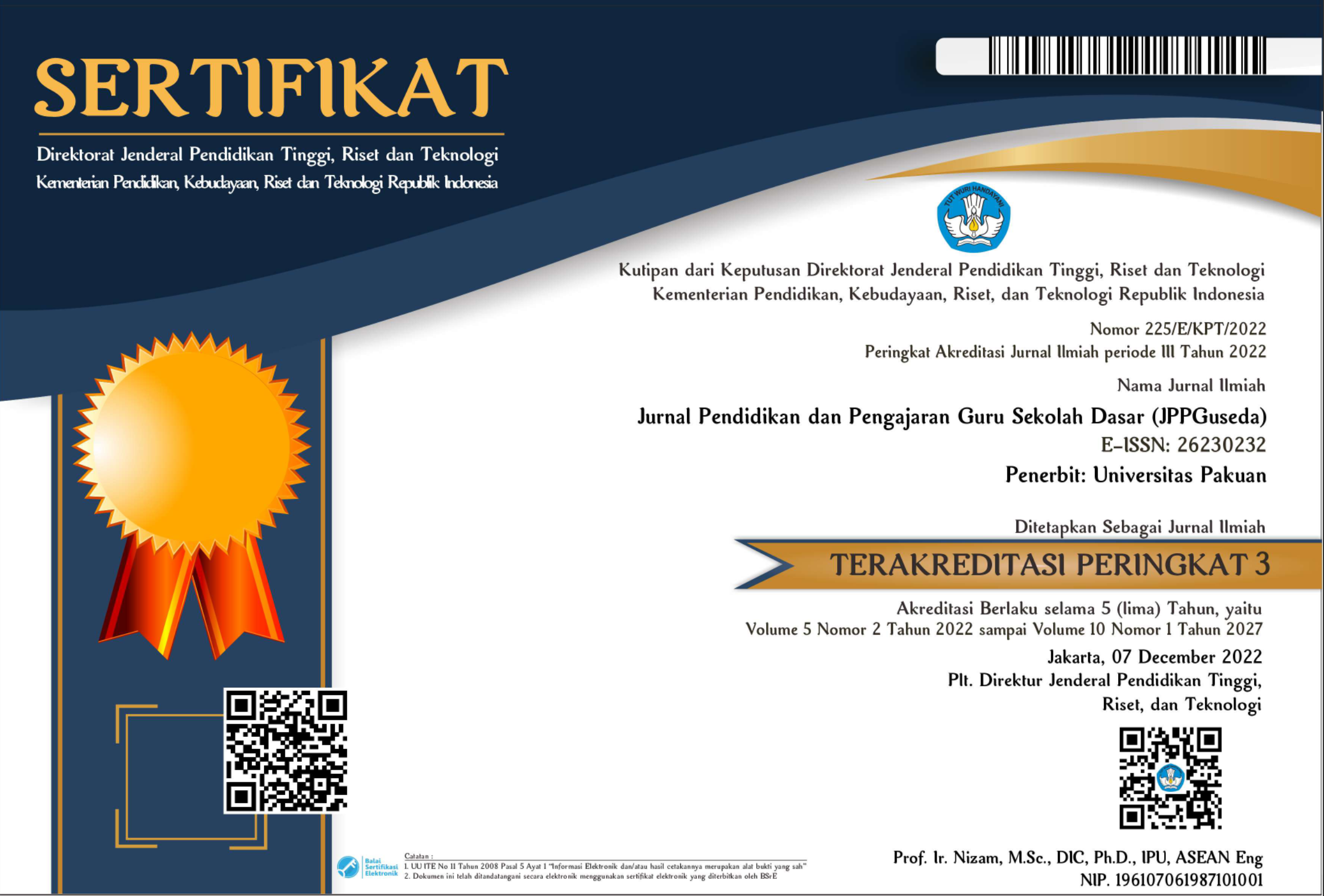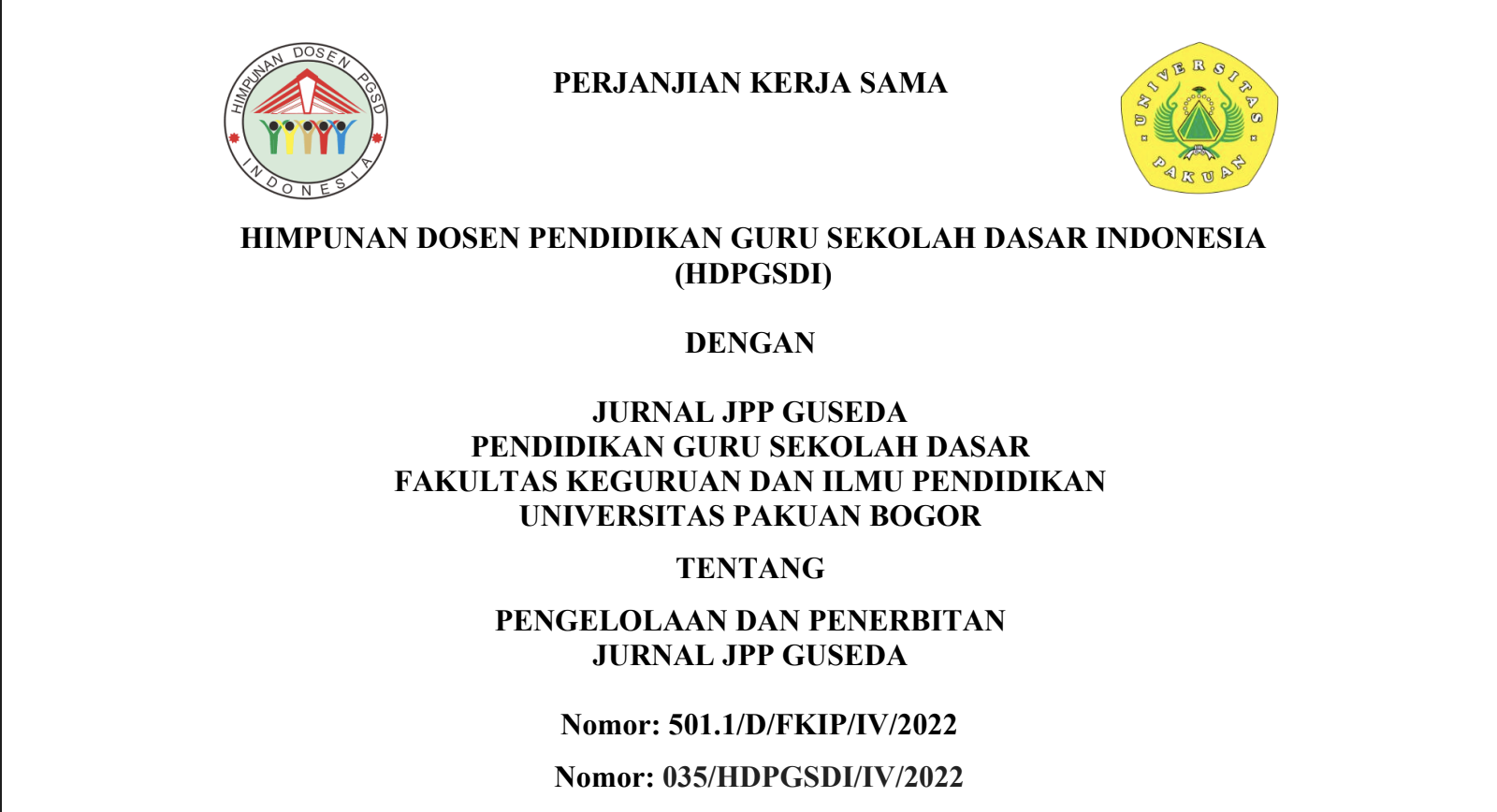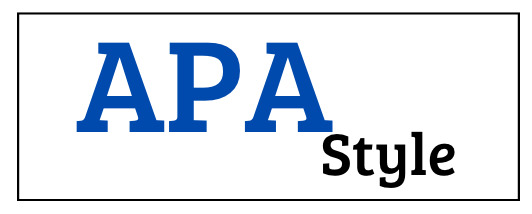Principal's Leadership Strategy In Overcoming The Influence Of Social Media On Students
Abstract
Keywords
References
Dirham, Gaya Kepemimpinan Yang Efektif, DINAMIS- Journal of Islamic Management and Bussines Vol. 2, No. 1 April 2019.
R. Pertiwi, Y. Suchyadi, and R. Handayani, Implementasi Program Pendidikan Karakter Di Sekolah Dasar Negeri Lawanggintung 01 Kota Bogor,†J. Pendidik. Pengajaran Guru Sekol. Dasar dalam Mohamad Erihadiana, Faisal Rahman, Proses Teknologi Pendidikan Dan Penerapannya Pada Pendidikan Agama Islam Di SMP Negeri 3 Murung Pudak Kabupaten Tabalong Provinsi Kalimantan Selatan, Jurnal Pendidikan dan Pengajaran Guru Sekolah Dasar (JPPGuseda) Vol. 04, No. 03, Nopember 2021, p. 201.
Amin, M. Kepemimpinan dalam Islam. Resolusi: Jurnal Sosial Politik, Vol. 2 (2), 2019.
Hamzah Zakub, Menuju Keberhasilan, Manajemen dan Kepemimpinan, CV Diponegoro, Bandung, p.125.
Suwatno, Donni Juni Prinsa, Manajemen SDM dalam Organisasi Publik dan Bisnis. Alfabeta, Bandung, 2011, p. 152
Komang Ardana, Ni Wayan Mujiati, dan Agung Ayu Sriathi, Perilaku Organisasi, Yogyakarta; Graha Ilmu, 2009, p.101-102
Sondang P Siagian dalam Dirham, Gaya Kepemimpinan Yang Efektif, DINAMIS- Journal of Islamic Management and Bussines Vol. 2, No. 1 April 2019, p.177
Y. Suchyadi et al., Improving The Ability Of Elementary School Teachers Through The Development Of Competency Based Assessment Instruments In Teacher Working Group , North Bogor City,†J. COMMUNITY Engagem., vol. 02, No. 01, 2020, p.15.
Anastasia Siwi Fatma Utami , Nur Baiti, Pengaruh Media Sosial Terhadap Perilaku Cyber Bullying Pada Kalangan Remaja, Cakrawala-Jurnal Humaniora, Vol 18 No. 2 September 2018, p. 257
Nasrullah, R. Media Sosial: Perspektif Komunikasi, Budaya, dan Sosioteknologi. Simbiosa Rekatama Media, Bandung, 2015, p. 75
Intan Diyah Retno Palupi, Pengaruh Media Sosial Pada Perkembangan Kecerdasan Anak Usia Dini, Makalah, p. 128.
Intan Diyah Retno Palupi, Pengaruh Media Sosial , Op Cit, hlm. 131
Elizabeth. B. Hurlock, Psikologi Perkembangan Suatu Pendekatan Sepanjang Rentang Kehidupan, Cet.5, Erlangga, Jakarta, 2002, p. 206
Gatot Marwoko C A, Psikologi Perkembangan Masa Remaja, Makalah, p.60-61
Elizabeth. B. Hurlock, Psikologi Perkembangan Suatu Pendekatan Sepanjang Rentang Kehidupan, Cet.5, Erlangga, Jakarta, 2002, p.213
Luh Putu Ary Sri Tjahyanti, Analisis Pengaruh Pemanfaatan Media Sosial Dalam Proses Pembelajaran, DAIWI WIDYA Jurnal Pendidikan Vol.08 No.3 Edisi Juni 2021, hlm.30Pane, Aprida. & Dasopang, M. Darwis, Belajar dan Pembelajaran. Fitrah: Jurnal Kajian Ilmu-Ilmu Keislaman, 2017, p.32
Dirham, Gaya Kepemimpinan Yang Efektif, DINAMIS- Journal of Islamic Management and Bussines Vol. 2, No. 1 April 2019, p.5
DOI: 10.55215/jppguseda.v5i1.5040
 Abstract views : 299
Abstract views : 299
Refbacks
- There are currently no refbacks.
Copyright (c) 2022 Jurnal Pendidikan dan Pengajaran Guru Sekolah Dasar (JPPGuseda)

This work is licensed under a Creative Commons Attribution-NonCommercial 4.0 International License.




















